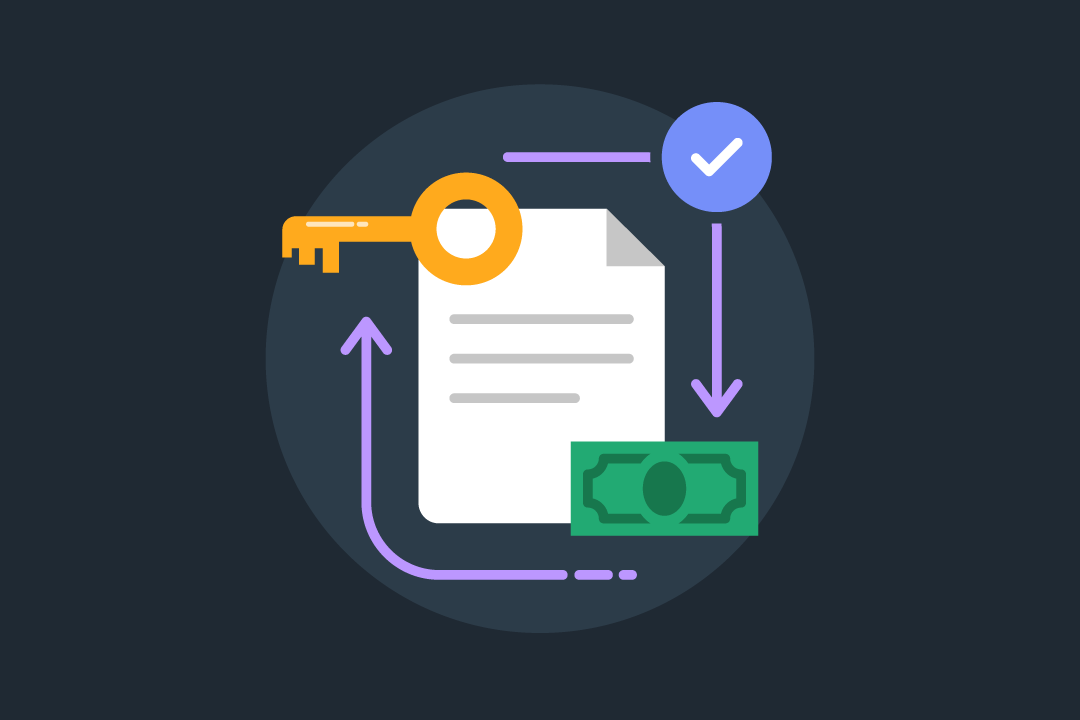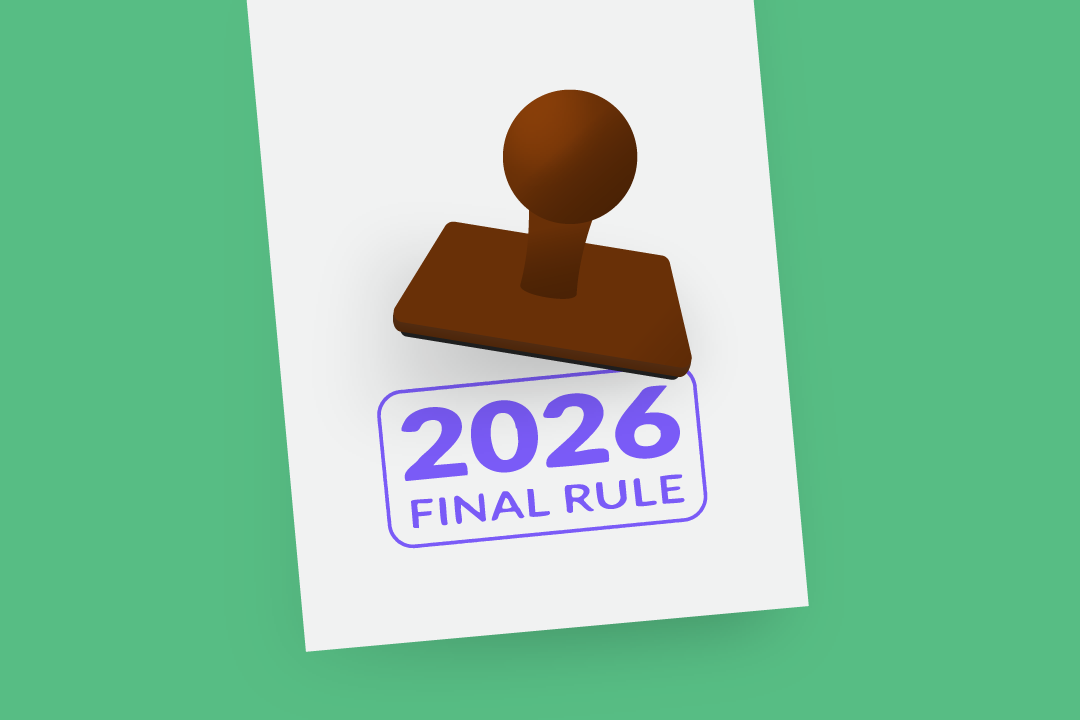The Ins and Outs of ABNs
Learn when you can—and can't—issue this form to your patients. Learn the intricacies of an advance beneficiary notice of noncoverage here and stay ahead of the curve.

Subscribe
Get the latest news and tips directly in your inbox by subscribing to our monthly newsletter
If the rules of Advance Beneficiary Notices of Noncoverage (ABNs) make you a bit confused, you’re definitely not alone. In an effort to shed some light on the ins and outs of ABNs and to highlight some recent changes to ABN requirements, we’ve put together some basic information to help bring you up to speed.
What is an Advance Beneficiary Notice of Noncoverage?
An Advance Beneficiary Notice of Noncoverage, or ABN is a form practitioners use to notify a Medicare patient that the therapy services they are about to receive may not be covered services under Medicare. You may also see some call an ABN Form CMS-R-131—the form number affixed by CMS.
What is the purpose of an ABN?
ABNs allow beneficiaries (your patients) to make informed decisions about whether they would like to accept therapy services despite the possibility of having to pay for those services out-of-pocket. A signed ABN form serves as proof that a patient knew about possible financial liability prior to accepting such services that they might have to pay out-of-pocket for them.
When should a therapist issue an ABN?
A therapist must issue an ABN in either of the following instances:
- Before providing items or services that the therapist believes or knows Medicare may not pay for those items or services
- Before providing items or services that Medicare usually covers but may not consider medically reasonable and medically necessary for this particular patient in this particular case
- Before providing services that are experimental or investigational or are considered research-only
In neither instance can a therapist issue an ABN after the fact (i.e., after Medicare denies a claim); therapists must always complete the form and have patients sign it prior to the time of service. We’ve created a handy guide to help you determine when an ABN is necessary.
Are there any special rules regarding the therapy threshold?
Yes. The American Taxpayer Relief Act (ATRA) of 2012 includes a significant change in policy regarding the use of ABNs once patients exceed the Medicare threshold. Effective January 3, 2013, providers must issue a valid ABN to collect out-of-pocket payment from Medicare beneficiaries for services above the therapy threshold that Medicare deems not reasonable and necessary. It is imperative to understand that therapists should not issue an ABN for every beneficiary who exceeds the therapy threshold; rather, they should only do so when they believe the services in question do not meet Medicare’s definition of “reasonable or necessary.”
This is a significant change from pre-2013 rules, which did not require providers to issue ABNs for beneficiaries to be held liable for denied charges above the therapy threshold. Now, if a therapist decides to issue an ABN to a patient who exceeds the therapy threshold, the therapist will not attach the KX modifier to that claim but will instead apply the GA modifier to trigger Medicare to deny the claim. The patient can then be charged for the visits.
By attaching the KX modifier to a claim, the therapist attests that they believe the services are reasonable and necessary. Once a therapist uses the KX modifier, they cannot retroactively issue an ABN. In the event that Medicare denies a claim that includes the KX modifier, the therapist—not the patient—is responsible for the cost of services.
Can therapists issue ABNs and subsequently collect out-of-pocket payments for services provided on a maintenance basis?
No. As clarified in the Jimmo Settlement Agreement of 2013, “the Medicare program covers skilled nursing care and skilled therapy services under Medicare’s skilled nursing facility, home health, and outpatient therapy benefits when a beneficiary needs skilled care in order to maintain function or to prevent or slow decline or deterioration (provided all other coverage criteria are met).” In other words, the settlement refuted the long-standing misconception that “Medicare will only pay for rehab therapy or other skilled care if a patient shows improvement as a result of that care.” Thus, if you are providing medically necessary maintenance services, Medicare must pay for those services—even if the patient has exceeded the therapy cap. Consequently, you should not issue an ABN for those services.
If a therapist issues an ABN, do they still have to complete functional limitation reporting on that patient?
Yes. Even if the therapist knows that Medicare will deny the claim and that the patient will pay for the services out-of-pocket, the therapist still must submit the claim to Medicare and therefore still must complete functional limitation reporting on the patient.
Should therapists issue ABNs on a routine basis?
No. While therapists might be tempted to issue “blanket” ABNs in order to guarantee payment no matter what, Medicare strictly prohibits providers from issuing ABNs on a regular, routine basis.
Can therapists provide dry needling if they’ve given the patient an ABN?
As this article from the APTA notes, providers can bill a Medicare patient for dry needling so long as they meet three criteria:
- They provide the patient with a mandatory ABN;
- They include CPT code 20560 or 20561 on the claim; and
- They affix the GA modifier to the claim.
This is a departure from the typical Medicare policy, which states that an ABN is not required for services that are never covered by Medicare. However, as the article notes, Medicare does allow for low back dry needling services to be billed, albeit not by PTs—hence the need for the ABN.
What happens if a therapist does not issue an ABN in a case that meets the established criteria?
If a therapist does not issue an ABN as Medicare requires, the therapist cannot bill the Medicare beneficiary for the services in question. If Medicare denies payment, the therapist would then be responsible for the cost of the services.
Whew! We know that’s a lot of information to digest. So long as you follow the available guidance on Advance Beneficiary Notice of Noncoverage—and don’t fall into the habit of issuing blanket ABNs—you can avoid any unnecessary surprises for you and your patients. For more information on ABN requirements—or to download the most up-to-date version of the form—visit this CMS webpage.







